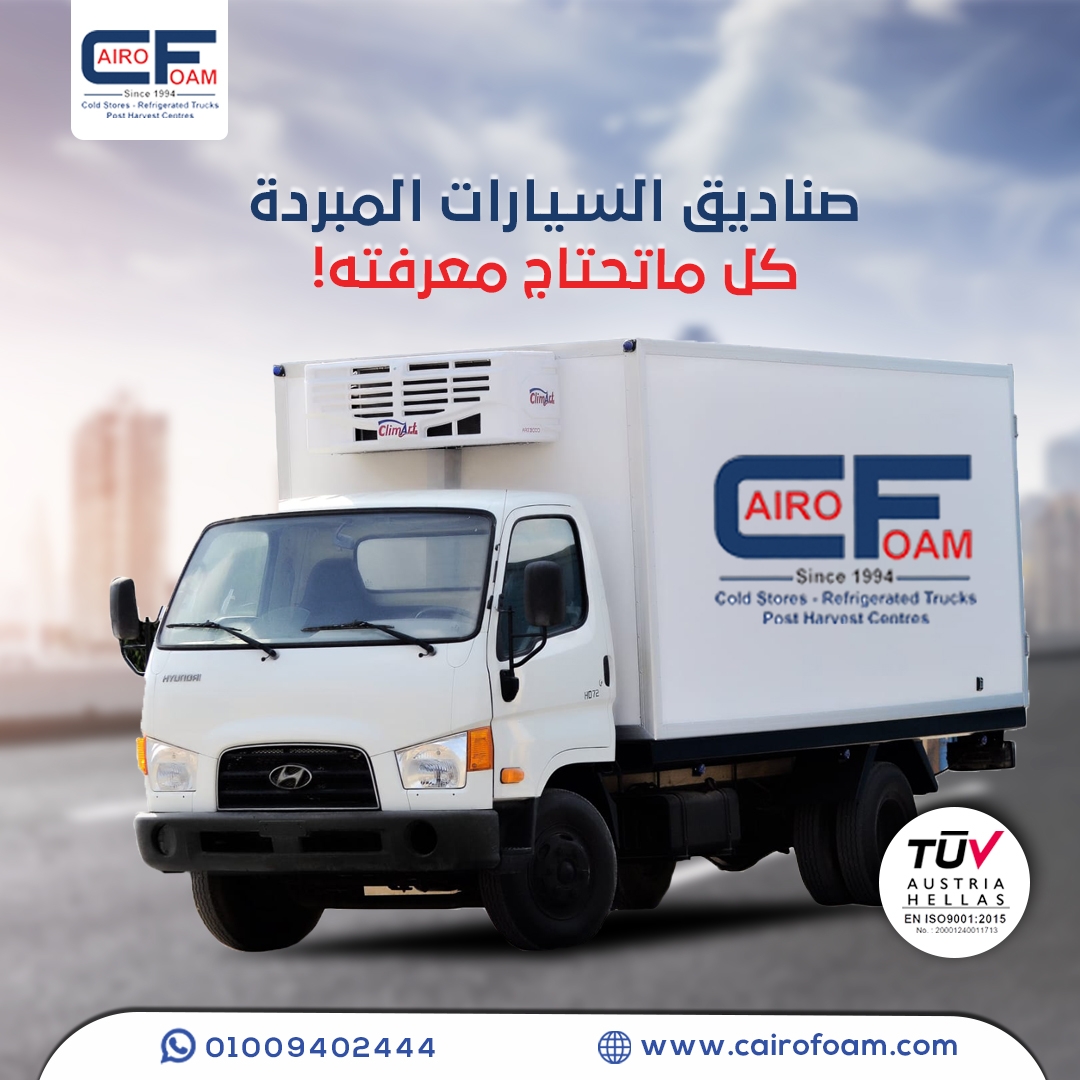Refrigerated Vehicle Boxes: Everything You Need to Know

Refrigerated vehicle boxes play a vital role in supporting supply chains for businesses, particularly in the food and beverage industries, pharmaceutical and medical sectors, and logistics. These boxes are more than just transportation tools—they are integrated systems that ensure stable temperatures and protect products from spoilage during transit. In this article, we’ll explore the types of refrigerated boxes, how to choose the most suitable one for specific needs, and their key benefits in supply chains.
1. The Importance of Refrigerated Vehicle Boxes in Supply Chains
Refrigerated vehicle boxes are essential components of supply chains, especially for products requiring specific temperature conditions to maintain quality, such as medicines, medical supplies, and various food products. These boxes ensure product protection during transit by maintaining a consistent temperature, reducing waste, and enhancing transportation efficiency.
2. Types of Refrigerated Vehicle Boxes and Their Uses
Cooling Boxes: These maintain low temperatures but do not reach freezing levels, making them suitable for transporting fresh foods and dairy products.
Freezing Boxes: These provide sub-zero temperatures, ideal for products requiring full freezing, such as frozen meats and certain medicines.
Multi-Purpose Boxes: Known for their flexibility, these allow temperature adjustments based on product needs, making them a great choice for transporting diverse goods with varying temperature requirements.
3. How to Choose the Ideal Refrigerated Box
Thermal Insulation Efficiency: Choose boxes with excellent thermal insulation to maintain the desired temperature and minimize energy consumption.
Temperature Control and Air Distribution: Opt for boxes with even air distribution systems to ensure consistent cooling across all products without temperature variations.
4. Benefits of Using Refrigerated Boxes and Their Impact on Product Preservation
Using refrigerated and freezing boxes provides companies with a safe and reliable means to maintain product quality during transit. With advanced thermal insulation and smart temperature control technologies, companies can avoid product spoilage and temperature inconsistencies, ultimately saving on costs associated with waste and losses.
Refrigerated vehicle boxes are indispensable tools for businesses aiming to preserve their products during transportation. By leveraging advanced thermal insulation and temperature control systems, companies can achieve the highest standards of quality in product transportation, ensuring efficiency and reliability in their supply chains.